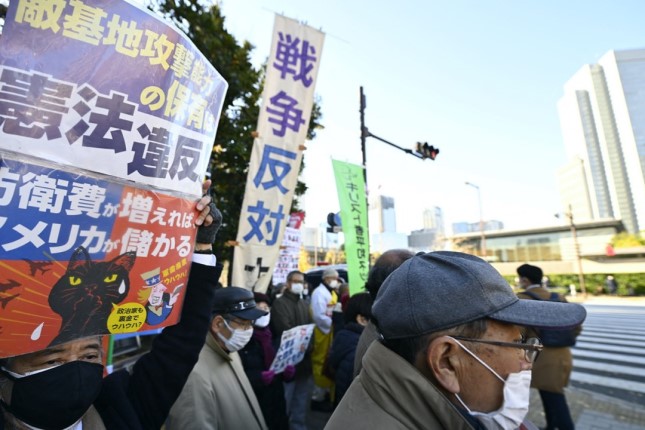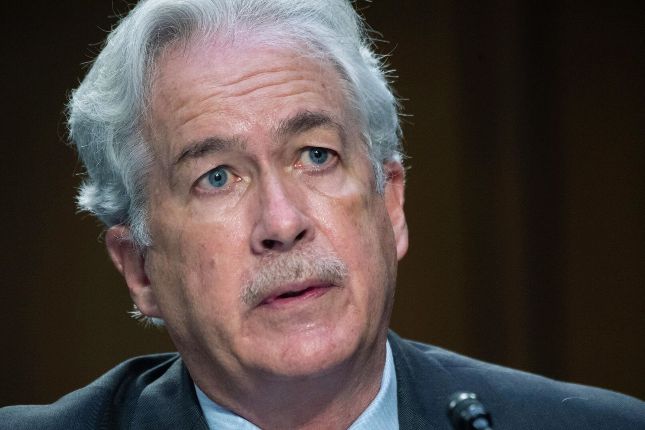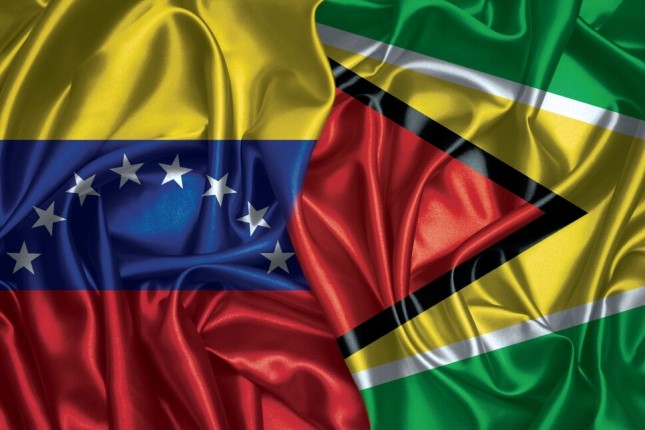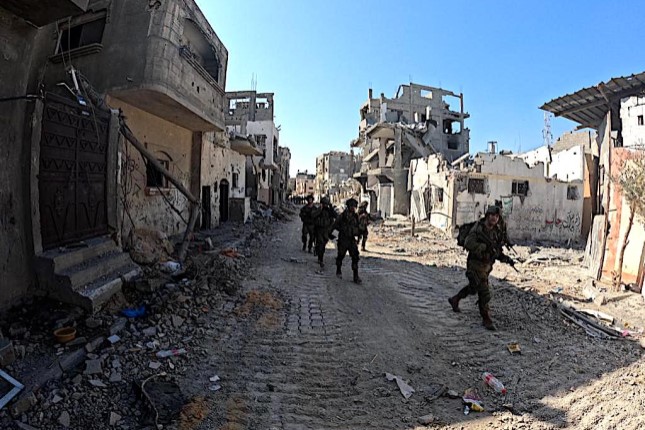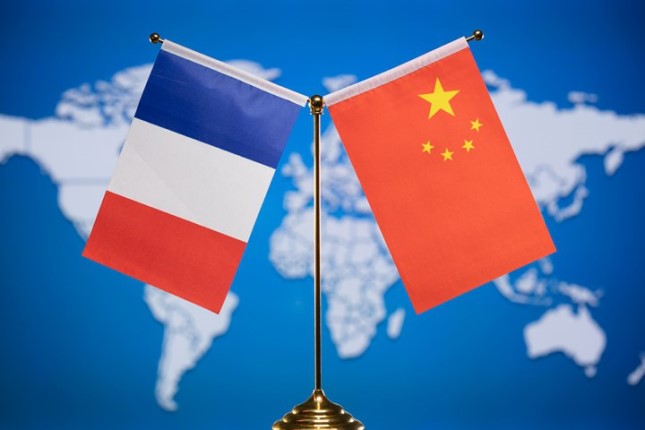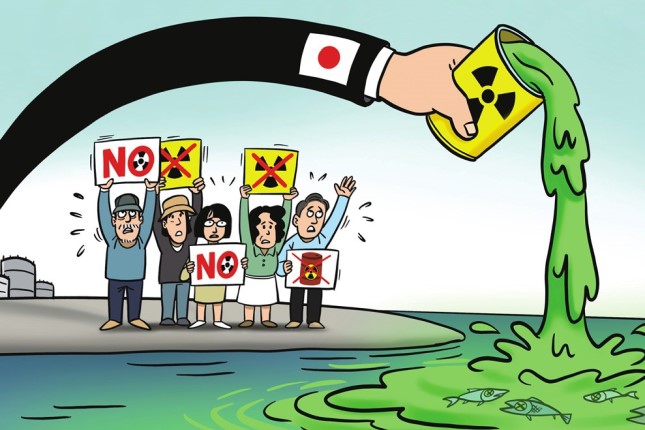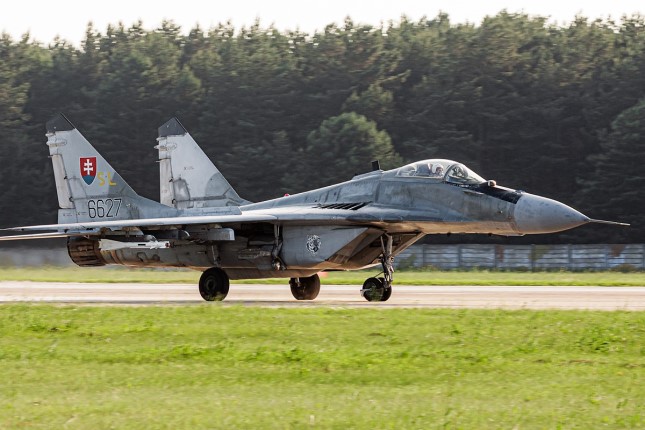The spokesperson noted that it is Japan that is moving further down the path of military expansion, posing a serious threat to regional and global peace, security and stability.
The 2023 defense white paper, approved by Prime Minister Fumio Kishida's Cabinet, stepped up its extreme language over China, warning that Japan faces "the most severe and complex security environment since the end of World War II" as it plans to implement a new strategy that calls for a major military buildup, media reports said.
It claims China's external stance and military activities have become a "serious concern for Japan and the international community and presented an unprecedented and the greatest strategic challenge."
The white paper is the first since the Japanese government adopted a controversial new National Security Strategy in December, seen as a break from Japan's postwar policy limiting the use of force to self-defense, AP reported.
Tan Kefei, a spokesperson for the Ministry of National Defense, said that the new defense white paper of Japan has clung to its erroneous perception of China, deliberately exaggerated the so-called Chinese military threat, and smeared China's legitimate defense and military activities.
It also grossly interferes in China's internal affairs and stoked regional tensions, to which the ministry lodged a stern representation with the Japanese side.
The Chinese military has always been a steadfast force in upholding world peace and stability, never challenging or threatening anyone, Tan said.
On the contrary, Japan in recent years has continuously breached the constraints of its "peace constitution" and the principle of "exclusively defense-oriented policy," substantially increasing defense spending, advocating the development of so-called counterattack capabilities, and furthering its path of military expansion. By aligning with certain major powers to form targeted "exclusive circles," Japan is posing serious challenges to regional and global peace, security, and stability, the spokesperson noted.
In response to the white paper which claims that Beijing is "amplifying its unilateral changes to the status quo by force and such attempts in the East China Sea and the South China Sea," Tan said China is a staunch defender and builder of the international maritime rule of law, and has maintained a consistent and clear stance on maritime issues. In contrast, certain countries, driven by self-interest, frequently dispatch warships and aircraft to relevant waters to flaunt their military prowess, seriously exacerbating regional tensions.
On the Taiwan question, which is also hyped by the white paper that the military balance between China's mainland and Taiwan is rapidly tilting in favor of the former, the defense spokesperson said the one-China principle is the political foundation of China-Japan relations and is an inviolable bottom line.
Japan bears serious historical responsibility concerning the Taiwan question, but instead of reflecting on its actions, it has persistently interfered in China's internal affairs, undermining the political foundation of bilateral ties and intensifying tensions across the Taiwan Straits. These actions are "highly erroneous and dangerous," warned Tan.
He urged the Japanese side to abandon its zero-sum and confrontational thinking, and foster a correct understanding of China. It is essential to uphold commitments on significant issues like Taiwan and exercise prudence in the realm of military security.
The Chinese Foreign Ministry also responded to the matter on Friday, warning that given Japan's history of militarist aggression during the last century, Japan's military and security moves have been closely watched by its Asian neighbors and the international community.
It urges Japan, which has triggered intensive concerns over whether it will still stick to the path of peaceful development, to earnestly respect the security concerns of neighboring countries, deeply reflect on its history of aggression, stop seeking pretexts for rearming itself, and earn the trust of its Asian neighbors and the wider international community through concrete actions.
Photo: People gather outside Japanese Prime Minister Fumio Kishida’s office holding placards denouncing the violation of Article 9 of the Japanese Constitution in Tokyo on December 16, 2022. They also oppose the increase in the military spending budget. Japan approved its biggest military buildup since World War II on December 16 © AFP.
Source: The Global Times.
